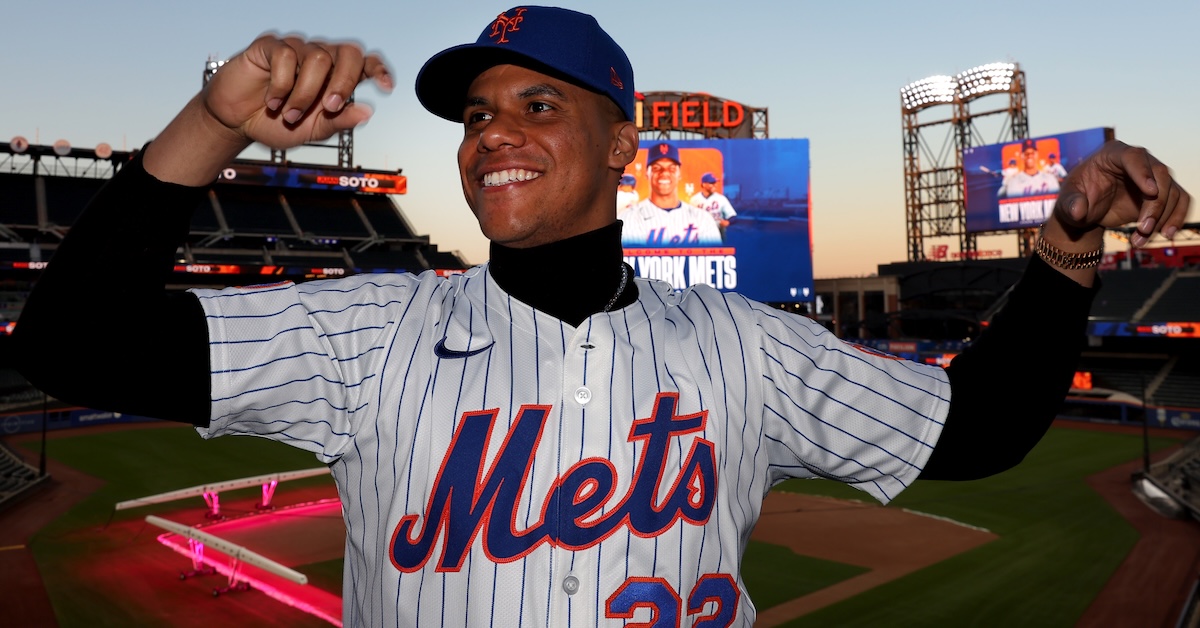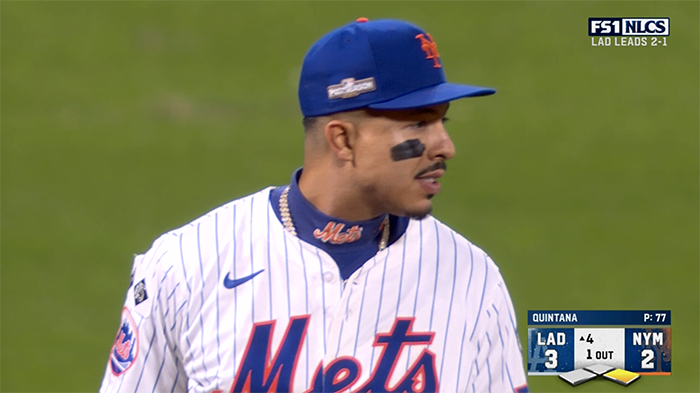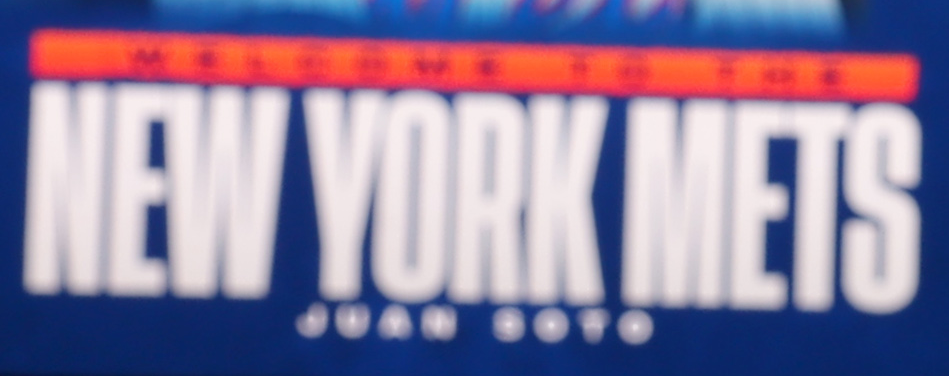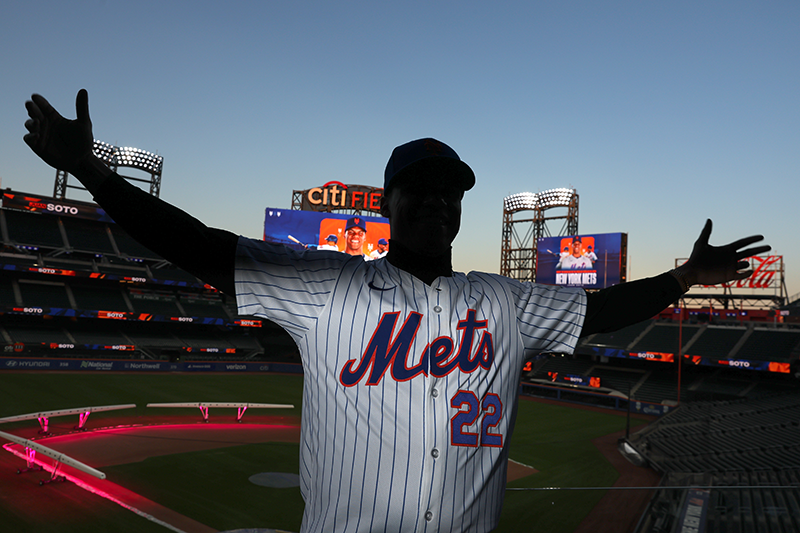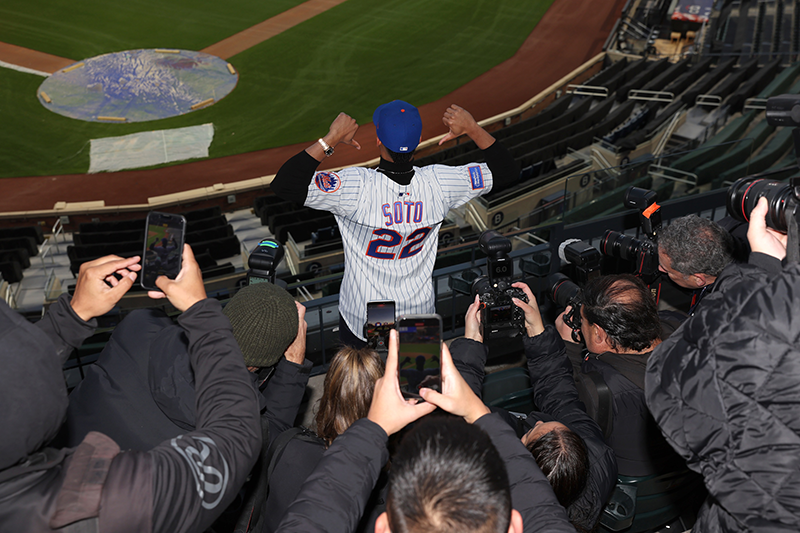Geraldo Perdomo Signs Four-Year Extension With Diamondbacks

Geraldo Perdomo is not leaving Arizona any time soon. On Monday night, Mike Rodriguez reported that the Diamondbacks and their switch-hitting shortstop had agreed to a contract extension, which is for four years and $45 million, includes a club option for a fifth season, and starts in 2026, according to ESPN’s Jeff Passan. The 25-year-old Perdomo has just over three years of big league service time, so the deal will buy out his final two arbitration seasons and at least the first two years after he would’ve reached free agency. Perdomo was an All-Star in 2023, and he put up 2.0 WAR in 2024 despite an April knee injury that limited him to 98 games. He’s now set to spend the entirety of his 20s providing the Diamondbacks with a throwback blend of solid shortstop defense and an absolute refusal to swing the bat.
Perdomo got a cup of coffee in 2021 and played his first full season in 2022, running a 59 wRC+ that limited him to just 0.3 WAR. In 2023, he earned an All-Star nod on the back of a torrid, BABIP-fueled start that saw him with a 200 wRC+ on May 3. He quickly came back to earth, but ended up running a 117 wRC+ in the first half and a 74 wRC+ in the second half, for an overall mark of 98 and 2.3 WAR. Perdomo missed just over two months due to a torn meniscus in 2024, but he put up a 101 wRC+ and his second straight two-win season. Essentially, he’s been a bit better than league average for two seasons now, and that was enough to convince Arizona to lock him down for the entirety of his prime. Perdomo and the Diamondbacks had already avoided arbitration by agreeing on a $2.55 million salary for 2025, and the new deal will add a $5 million signing bonus to that. He’ll receive a $5 million salary in 2026, then $8 million in 2027, $11 million in 2028, and $13 million in 2029. The Diamondbacks also have a $15 million club option for 2030, with a $3 million buyout should they choose not to exercise it. There are also incentives for a top-10 finish in the MVP voting.
That’s a pretty big commitment, even bigger when you consider the fact that the Diamondbacks have shortstop Jordan Lawlar, whom Eric Longenhagen just ranked our 14th overall prospect. Let’s talk about why the Diamondbacks feel Perdomo is worth extending, even if it means blocking the best prospect in their system.
Personally, I think Perdomo is one of the most fascinating players in the game. He came up as a glove-first shortstop prospect, and he certainly looks the part, but the advanced defensive metrics have been split on his performance for his entire career.
| Year | DRS | FRV | DRP |
|---|---|---|---|
| 2022 | -3 | 0 | 6.4 |
| 2023 | -3 | 1 | -3.4 |
| 2024 | 10 | -1 | 4.2 |
For his first two seasons, DRS thought he was costing the Diamondbacks runs. Then in 2024, the season when he missed time due to a major leg injury, it thought he was one of the best shortstops in baseball. Statcast has pretty much seen him as neutral throughout his three-year career, while DRP thinks he’s been great with the exception of 2023. Clearly, though, the Diamondbacks believe in his defense.
On offense, Perdomo is just plain weird. I know I summarized his overall offensive performance earlier, and those numbers are pretty standard – he’s been right around league average for two straight seasons – but it’s important to understand how he got to those numbers. For starters, Perdomo cannot stop bunting. Over the past three seasons, Perdomo has laid down 66 bunts, the most in baseball. His 33 sac bunts are also the most in the game; only three other players have even reached 20. His 15 bunt hits rank eighth, but among the 61 players with at least six bunt hits over that period, his 23.8% bunt hit rate ranks dead last. Even more damning, he leads baseball with 52 foul bunts. According to Baseball Savant, those fouls have cost the Diamondbacks four runs. That’s the worst number in baseball.
The bunting is genuinely a problem, but it fits perfectly with Perdomo’s overall approach at the plate, because that approach could be best summed up as “Try with all your might to avoid swinging.” Perdomo is one of the most passive players in all of baseball. Our database goes back to 2002, and since then, Perdomo’s 39.2% swing rate ranks 48th out of the 1,129 batters with at least 1,000 plate appearances. That puts him in the fifth percentile. Over the past three seasons, it’s the sixth-lowest mark in the game. Perdomo is the exact kind of player whom Robert Orr’s SEAGER metric was built to expose. In 2024, SEAGER had him in the 77th percentile in terms of selectivity, but it put him in the second percentile in terms of taking hittable pitches. In other words, Perdomo’s unwillingness to swing at strikes is way more extreme than his ability to lay off balls.
Keep in mind that SEAGER was meant to assess a player’s ability to do damage, and, well, that’s just not Perdomo’s game. He runs some of the lowest contact quality numbers in baseball. However, he makes tons of contact. Not only that, but over the past two seasons, he’s run a foul rate of nearly 43%, one of the higher marks in the game. It’s nearly impossible to get him to swing and miss, even when he swings and doesn’t put the ball in play. So even though pitchers attack the zone like crazy, he runs excellent walk and strikeout rates. If I’m making it sound like every single part of Perdomo’s game is at one extreme or another, well, yeah, that’s pretty much how it is. His Baseball Savant sliders are either bright red or bright blue. He’s all patience, no power. He’s the rare player who runs an incredible squared-up rate but an unimpressive line drive rate. Because Perdomo puts tons of balls in play, he’ll always have the chance at posting a great BABIP and putting up a three- or four-win season, but unless he decides to try attacking the ball, there’s not much ceiling here.
I am so, so curious to see what it would look like if Perdomo were to start attacking the ball. He’s still young, and I really do think it’s possible that he has the capacity to be more than an average hitter. I’m sure the Diamondbacks remember clearly how well it worked out when he was pulling everything in sight at the beginning of the 2023 season, and maybe they’ll try to help him become that player again. Still, I don’t think we should expect that going forward. I think the Diamondbacks are paying for floor rather than ceiling. However he gets there, if Perdomo keeps performing like a two-win player, the contract will work out well for both sides. If he can remain a solid defender and a league-average bat, he’s a really useful player, even if he pushes Lawlar to third base. In the meantime, we all get to enjoy watching Perdomo live at the extremes in order to perform right at the mean.
















